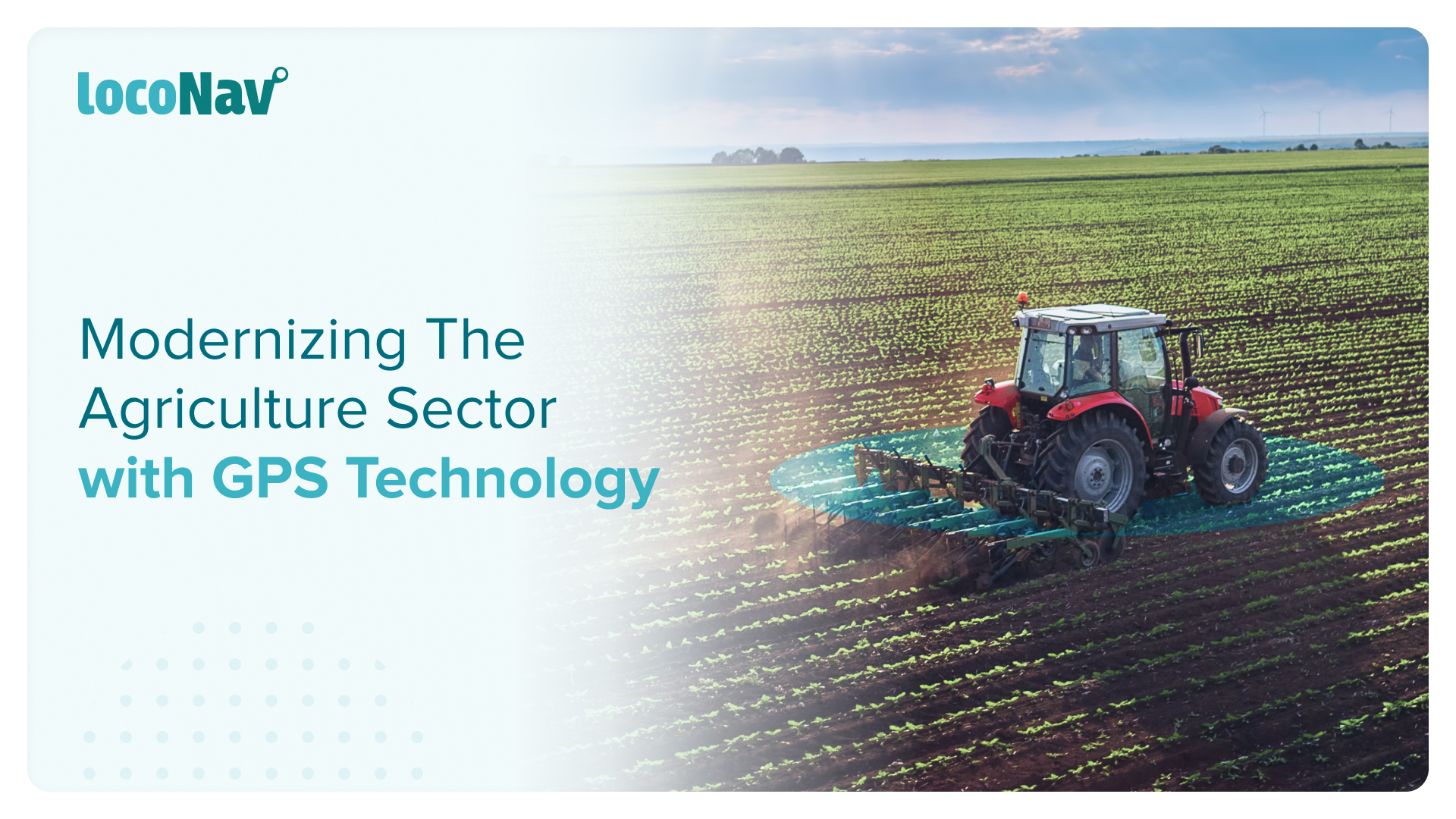This post may contain affiliate links which means I may receive a commission for purchases made through links. Learn more on my Private Policy page.
Imagine being a farmer who can optimize their operations, increase productivity, and reduce costs, all with the help of GPS technology in farm machinery. With the integration of GPS into tractors, combines, and other equipment, farmers now have access to precise data, real-time mapping, and automated guidance systems. This article will explore the numerous advantages brought by this innovative technology, from improving accuracy and efficiency to enabling precise field management and minimizing environmental impact. Join us on this insightful journey to discover how GPS technology is revolutionizing the farming industry.
Improved Efficiency
Reduced fuel consumption
One of the major benefits of using GPS technology in farm machinery is the reduced fuel consumption. With GPS guidance systems, farmers can optimize their field operations by creating efficient routes and minimizing unnecessary backtracking. This not only saves time but also reduces fuel usage, contributing to cost savings and environmental sustainability. By using GPS technology to plan the most efficient path for machinery, farmers can avoid unnecessary fuel consumption and improve overall operational efficiency.
Optimized field operations
GPS technology in farm machinery enables optimized field operations by providing precise navigation and guidance. Farmers can accurately plan their planting, spraying, and harvesting activities, ensuring efficient use of resources. With the help of GPS guidance systems, farmers can achieve better field coverage, minimizing overlaps and skips. This not only saves time and reduces input costs but also results in improved crop yield and productivity. By optimizing field operations with GPS technology, farmers can enhance the overall efficiency of their farming operations.
Minimized overlap and skips
Another advantage of using GPS technology in farm machinery is the minimization of overlap and skips. Traditional methods of field operations often result in overlapping or missing certain areas, leading to wasted resources and reduced yield. However, GPS guidance systems provide precise navigation, ensuring accurate coverage of the entire field. By eliminating overlap and skips, farmers can maximize the potential of their land, reduce input costs, and improve overall productivity. The use of GPS technology minimizes errors in field operations, resulting in increased efficiency and profitability.
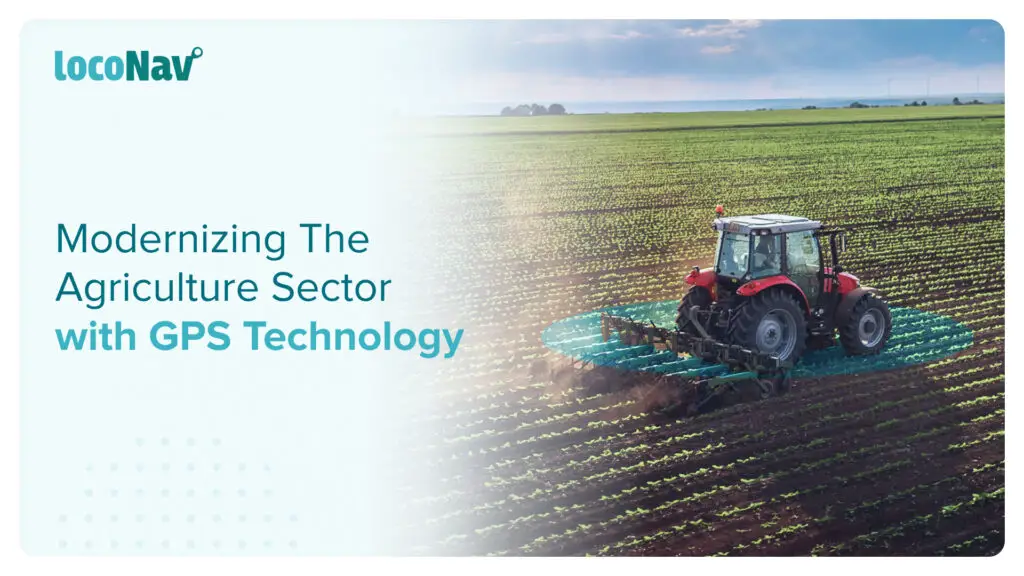
This image is property of loconav.com.
Accurate Navigation
Precise guidance
Accurate navigation is a key benefit of using GPS technology in farm machinery. With GPS guidance systems, farmers can achieve precise and consistent navigation, ensuring that machinery follows the desired path with accuracy. This is particularly useful in large fields where maintaining straight rows and avoiding obstacles can be challenging. By receiving real-time guidance from GPS systems, farmers can ensure that their machinery operates at the desired location, resulting in improved efficiency and productivity. Accurate navigation provided by GPS technology enhances the overall effectiveness of farming operations.
Elimination of human error
GPS technology in farm machinery eliminates human error, further enhancing the accuracy of navigation and field operations. Traditional methods of manual navigation are susceptible to human error, such as misjudging distances or inaccurately following a given path. However, with GPS guidance systems, farmers can rely on the technology to guide their machinery accurately. This reduces the chances of human error, resulting in improved precision and efficiency. By eliminating human error through GPS technology, farmers can increase productivity and reduce the potential for costly mistakes.
No need for physical markers
The use of GPS technology in farm machinery eliminates the need for physical markers in the field. Traditional methods often require the placement of physical markers, such as stakes or flags, to guide machinery along a specific path. However, GPS guidance systems provide virtual markers that can be programmed directly into the machinery. This eliminates the time-consuming task of placing and removing physical markers, allowing farmers to focus more on productive activities. By relying on GPS technology for field navigation, farmers can save time, reduce costs, and streamline their operations.
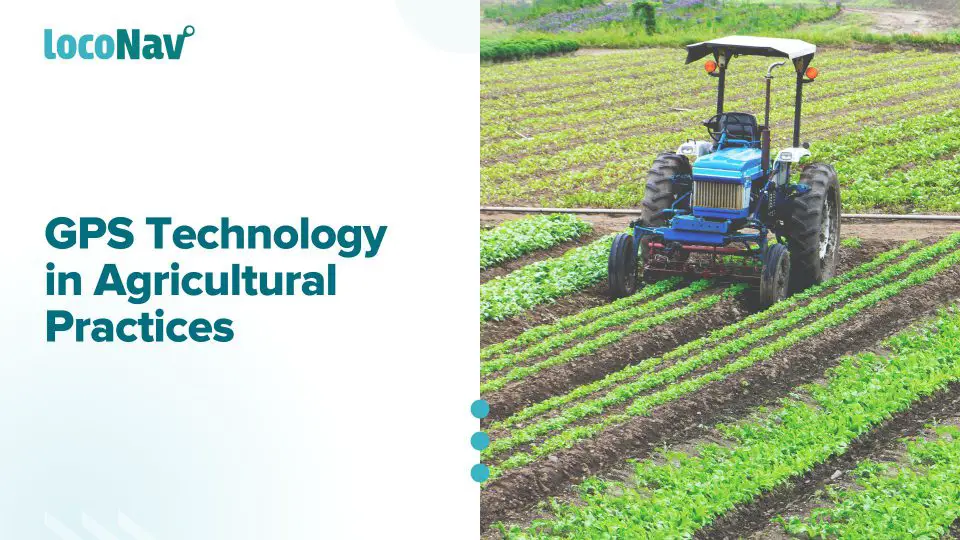
This image is property of loconav.com.
Enhanced Productivity
Time-saving automation
One of the significant benefits of using GPS technology in farm machinery is time-saving automation. GPS-guided machinery can be programmed to follow specific routes automatically, reducing the need for manual intervention. This automation saves valuable time for farmers, allowing them to focus on other essential tasks. By automating field operations with GPS technology, farmers can significantly increase productivity and accomplish more in a shorter amount of time. Time-saving automation provided by GPS technology is a game-changer for modern farming practices.
Increased work capacity
The use of GPS technology in farm machinery enhances work capacity by allowing farmers to cover more ground efficiently. GPS-guided machinery can operate at optimal speeds and take accurate paths, resulting in faster and more productive operations. This increased work capacity enables farmers to handle larger fields, plant more crops in a given timeframe, and achieve higher levels of productivity. With GPS technology, farmers can efficiently utilize their machinery and maximize their work capacity, leading to improved overall productivity.
Faster and easier data collection
GPS technology in farm machinery facilitates faster and easier data collection, which is crucial for making informed decisions. By equipping farm machinery with GPS systems, farmers can collect valuable data on field and crop conditions, machinery performance, and other relevant parameters. This data can be directly transmitted to farm management software or monitoring systems, eliminating the need for manual data entry. With GPS-enabled data collection, farmers can access real-time information, make timely adjustments, and optimize their farming practices for better results. Faster and easier data collection provided by GPS technology enhances productivity and supports effective decision-making.
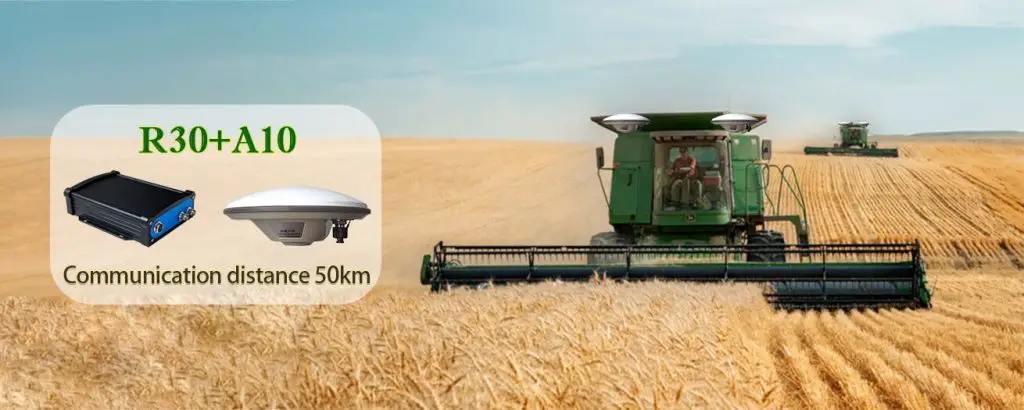
This image is property of www.smajayu.com.
Improved Yield
Better seed placement
One of the key benefits of using GPS technology in farm machinery is the ability to achieve better seed placement. GPS-guided machinery can precisely position seeds at the desired depth and spacing, ensuring optimal conditions for germination and growth. This accurate seed placement minimizes competition among plants, maximizes their access to nutrients and sunlight, and promotes uniform growth. By using GPS technology for seed placement, farmers can significantly improve crop yield and quality, resulting in greater profitability.
Even fertilizer distribution
GPS technology in farm machinery allows for even distribution of fertilizers, optimizing nutrient availability for crops. By equipping their machinery with GPS systems, farmers can precisely target the application of fertilizers, ensuring that nutrients are evenly distributed throughout the field. This eliminates the risk of over-fertilization or under-fertilization, promoting balanced plant growth and maximizing crop yield. Through even fertilizer distribution enabled by GPS technology, farmers can achieve higher nutrient efficiency, reduce input costs, and enhance overall crop health.
Optimal irrigation management
Effective irrigation management plays a crucial role in crop yield and water conservation. GPS technology in farm machinery facilitates optimal irrigation management by providing accurate information on field conditions and moisture levels. By integrating GPS guidance systems with irrigation equipment, farmers can precisely determine the irrigation needs of different areas within their fields. This enables them to provide the right amount of water at the right time, minimizing water waste and ensuring optimal crop development. With GPS-enabled irrigation management, farmers can improve yield, conserve water resources, and promote sustainable farming practices.
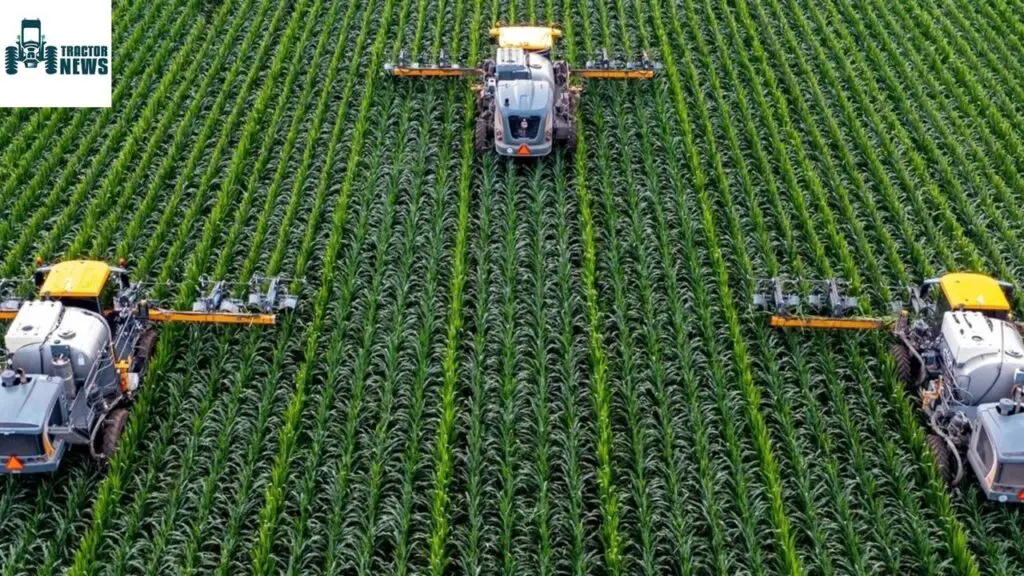
This image is property of t-news.b-cdn.net.
This post may contain affiliate links which means I may receive a commission for purchases made through links. Learn more on my Private Policy page.

